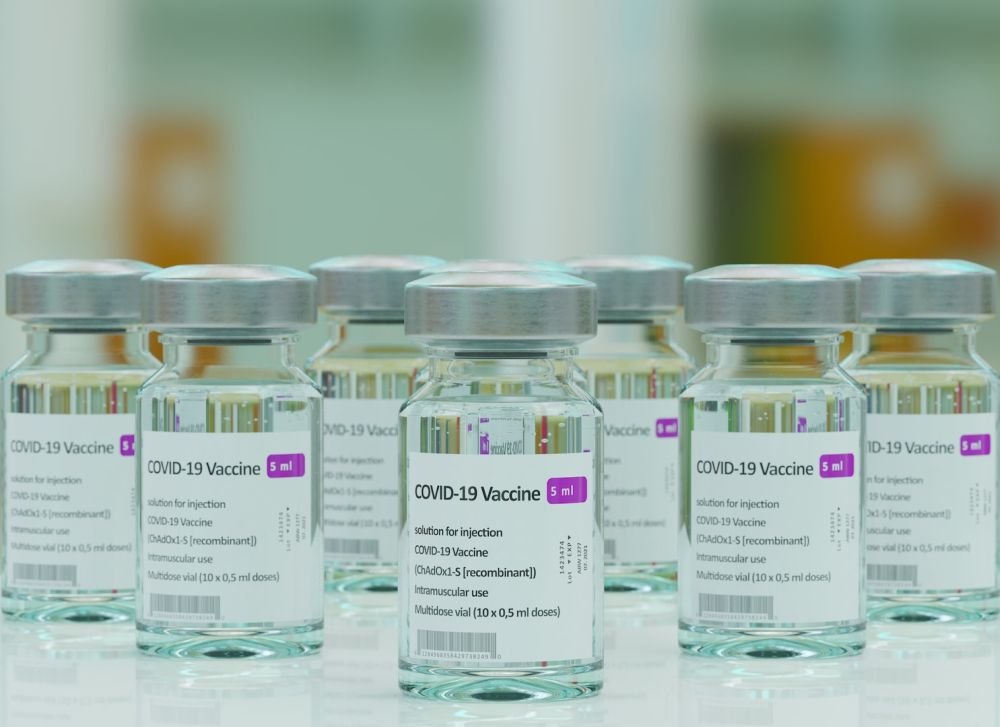
Study finds AstraZeneca's coronavirus vaccine linked to increased risk of rare blood clotting. This is a complication called thrombocytopenia.
AstraZeneca's coronavirus vaccine increases the risk of developing the very rare bleeding disorder thrombocytopenia by 30% compared to Pfizer's vaccine. These are the results of a large-scale international study that was published today. Several countries have already changed their recommendations after past studies reported a small number of cases of thrombosis with thrombocytopenia syndrome that occurred after coronavirus vaccination with AstraZeneca's vector drug.
Sweden approved AstraZeneca's vaccine for people over 65 years of age
Thrombocytopenia is characterized by life-threatening blood clots and low levels of platelets, fragments of small cells in our blood that prevent bleeding. And here is the first study that compared the prevalence of thrombocytopenia between recipients of the Pfizer adenovirus vaccine and vector vaccines, which include AstraZeneca and the Russian Sputnik.
AstraZeneca Vaccine Linked to Strokes
An international team of researchers analyzed health data from more than 10 million people who received at least one dose of the vaccine. It was found that a total of 865 cases of thrombocytopenia occurred within 28 days after the first dose of AstraZeneca and 520 after Pfizer. Consequently, in the first case, the drug was 30% more likely to lead to the formation of a dangerous side effect. (READ MORE)
Important! Information provided for reference purposes. Ask a specialist about contraindications and side effects and under no circumstances self-medicate. At the first sign of illness, consult a doctor.
